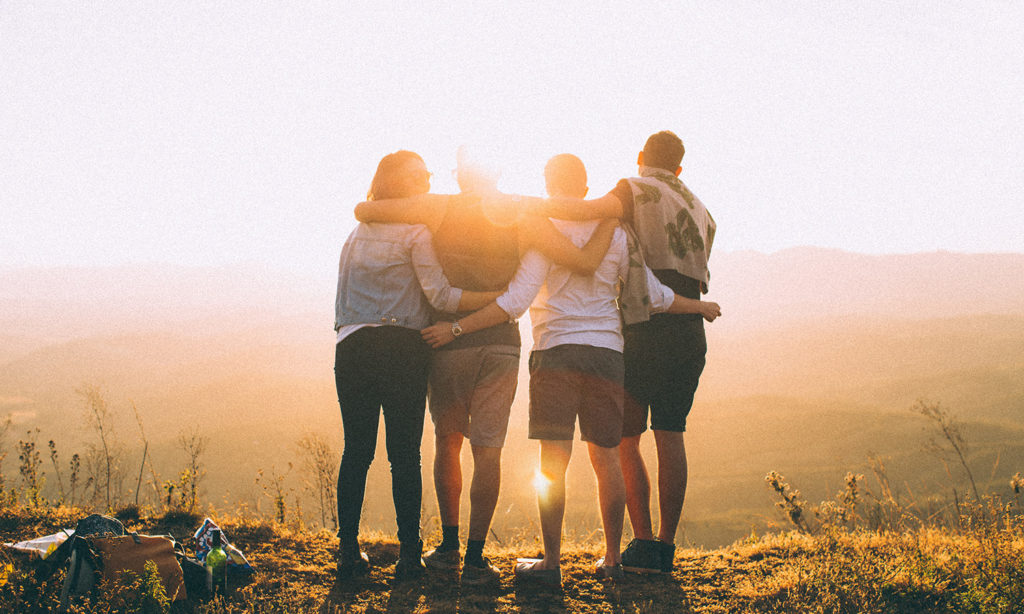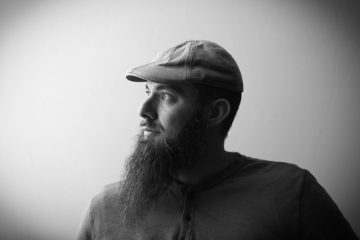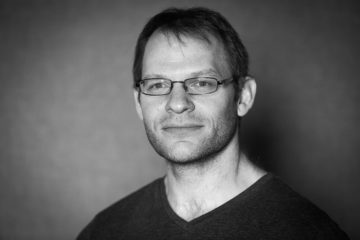Love is a subject that has come up in many Humanitou conversations. I often am the one to bring it up, or at least to grab hold and ask for more of it when it does.
I have a lifelong question and quandary about love.
There is love in my household. The word and actions are present daily. The same was true of my childhood household, if not as often.
Yet, somehow I was socialized as a boy and man that the concept and expression of love is soft and, therefore, weak. Not masculine. Something to feel shame for.
As a result, I choke on the word “love” to use it with anyone beyond my wife and sons. I’m working on that. (The same goes for hugging, another very limited expression for me, historically. And you can forget tears.)
The older I get and the more questions I ask — of myself, others and life at large — I see the restraint from open expressions of love as a needless limitation.
Expressing love, like many things, requires practice. At least, for some of us. Where a practice is toughest — whatever the practice in our lives — is where we most need to slow down and focus our energy. And have self-compassion in the process.
So, I am exploring my connection with love. I am sorting out my history with it. Through yoga (practice and teaching) and writing. I share this as a different #showyourwork post, an act of liberation.
Love + A Disclaimer
Many years ago, I sent a group email to people, almost all of whom I was not intimately close with. I mindlessly signed off the email with “Love, Adam.”
Catching my “mistake” after the fact, I followed up with an email to disclaim the love, in case anyone in the group would feel weird about it.
My best friend from college was included in those emails. He immediately sent a note back, “Who the fuck would have a problem with love?!”
He was right.
It was rooted in my experience as a boy then man, my fears based on social training that expressing broad, Platonic, human love is soft, effeminate and inappropriate.
To tap into understanding that socialization that boys/men internalize, I recommend watching the documentary, “The Mask You Live In,” by The Representation Project. This trailer will launch you right into the heart of the matter:
[For a corresponding documentary on the experience of girls, watch “Miss Representation,” produced by the same group.]
Masculinity: Rewriting the Code
I keep hearing from women who say the men in their lives are afraid to go to a yoga class. They say the men fear they don’t have the body or the flexibility for it. They feel self-conscious being in a room full of women who seem to more easily “do yoga.”
I also suspect they feel like it’s for women. Beautiful, trendy, young, ultra-flexible women. If that’s the impression of what yoga is — it certainly is what mass media portrays it to be — then what must it say to a man who even thinks of participating? That he’s not manly.
Something to consider: Female predominance in yoga is a Western, contemporary phenomenon. Even though it’s decades into its trendy run here in the West, the practice of yoga here is in infancy. Yoga is, in fact, an ancient spiritual practice that runs thousands of years deep. One filled with men.



